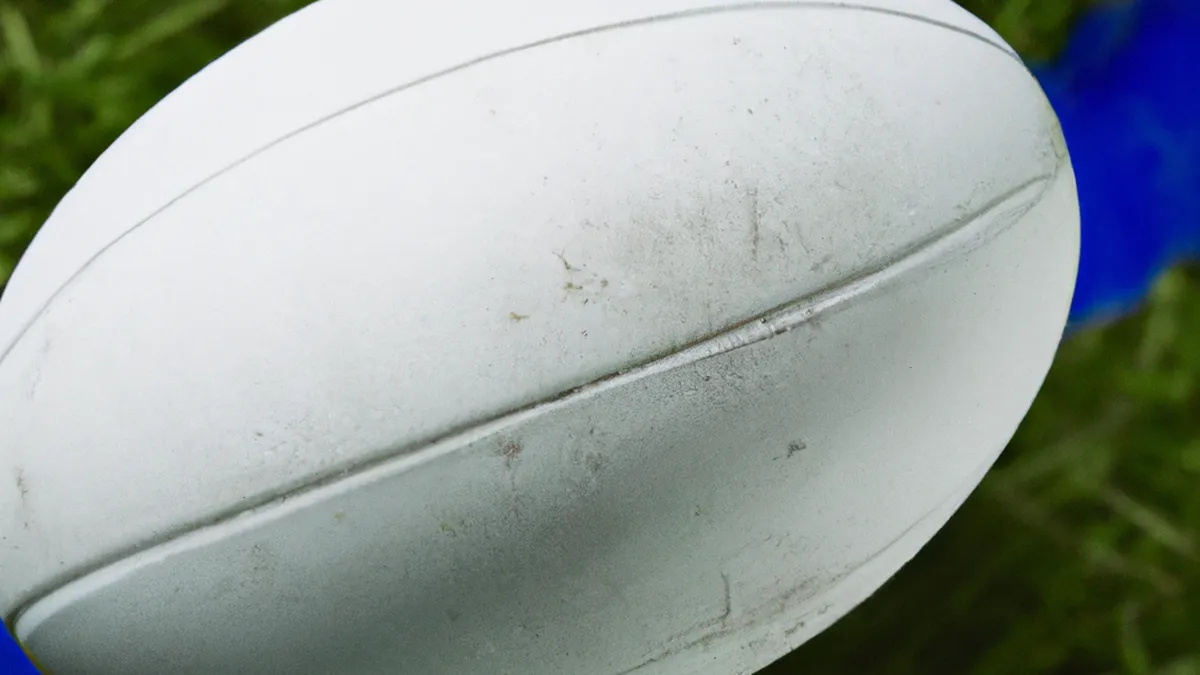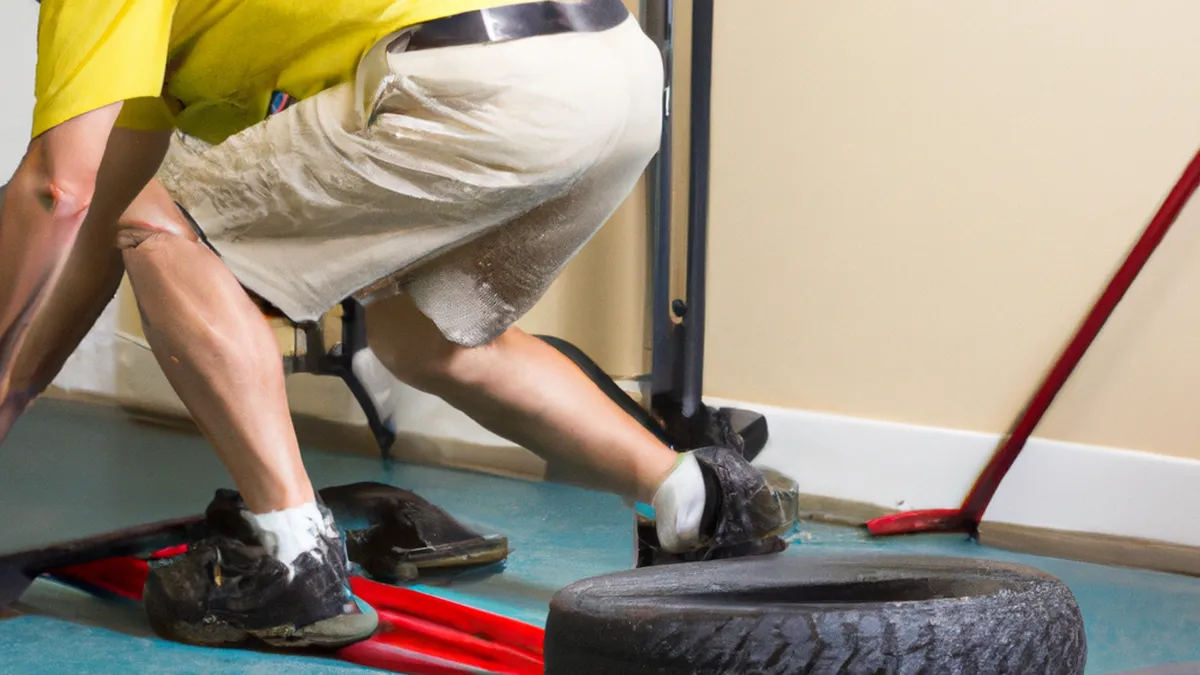Nurture Young Athletes with Self-Care Strategies
Strategies for Teaching Young Athletes About Self-Care
Teach young athletes self-care to enhance their sports journey and well-being. They face physical and mental challenges that require proper self-care. This blog post explores effective strategies to instill self-care habits in young athletes.
Understanding Self-Care
Self-care is a vital practice, not just a trend. It involves caring for physical, emotional, and mental health. Self-care helps young athletes perform better and enjoy their sports. When athletes prioritize self-care, they prevent burnout and injuries.
Recognizing the Importance of Self-Care
Young athletes often prioritize performance over self-care. Neglecting self-care can lead to stress, fatigue, and anxiety. Teaching them about self-care improves their performance and happiness.
Tips for Teaching Young Athletes About Self-Care
1. Encourage Healthy Routines
Establish routines to help young athletes manage their time. Encourage them to schedule practice, rest, and fun. A balanced routine promotes fitness and relaxation. For example, a daily schedule could include:
– **Practice Time:** Skill development focus.
– **Rest Time:** Body recovery.
– **Play Time:** Fun activities outside the sport.
2. Promote Nutrition Education
Teach young athletes about balanced diets for performance. Discuss the benefits of fruits, vegetables, proteins, and whole grains. Encourage hydration, especially during training. You can:
– Host workshops on healthy meal planning.
– Invite nutritionists to speak.
– Create challenges around healthy eating.
3. Emphasize the Importance of Sleep
Young athletes often overlook sleep. However, quality sleep is essential for recovery and performance. Teach them that good sleep enhances focus and energy. Encourage bedtime routines, including:
– Limiting screen time before bed.
– Creating relaxing bedroom environments.
– Setting consistent sleep schedules.
4. Foster Emotional Awareness
Emotional health is as important as physical health. Encourage young athletes to express their feelings. Create safe environments for sharing thoughts. Discussing emotions helps manage stress and anxiety. You might:
– Hold regular team meetings to check in.
– Teach mindfulness techniques like deep breathing.
– Provide mental health resources.
Advice for Parents and Coaches
Parents and coaches significantly influence self-care learning. They should model healthy behaviors and maintain self-care routines. Encourage open communication about self-care practices. Discuss challenges with athletes and provide support.
Emphasize balance and remind athletes that their worth isn’t solely based on performance. Encourage pursuits outside of sports for well-rounded development.
Building a Supportive Environment
Create environments that foster self-care. Coaches should promote well-being cultures. Recognize athletes’ efforts and celebrate their achievements. Parents should support children’s self-care practices. A united front reinforces self-care importance.
Benefits of Teaching Self-Care to Young Athletes
Teaching self-care offers several benefits. First, it promotes physical health and reduces injuries. Second, it enhances mental health, making athletes more resilient. Third, self-care encourages personal growth through goal-setting.
Additionally, self-care builds teamwork and camaraderie. When athletes support each other, they foster positive team cultures. Ultimately, self-care skills benefit them throughout life.
Conclusion
Teaching young athletes about self-care is essential for their well-being. Encourage healthy routines, promote nutrition education, emphasize sleep, and foster emotional awareness. Parents and coaches should model these behaviors and create supportive environments. Self-care benefits extend beyond sports into all life aspects. By prioritizing self-care, young athletes thrive on and off the field.
Below are related products based on this post:
FAQ
What are some effective strategies for teaching young athletes about self-care?
Effective strategies include encouraging healthy routines, promoting nutrition education, emphasizing the importance of sleep, and fostering emotional awareness. Establishing balanced schedules that incorporate practice, rest, and fun, along with teaching about nutritious diets and the significance of quality sleep, can significantly enhance young athletes’ performance and well-being.
Why is self-care important for young athletes?
Self-care is crucial for young athletes as it helps them manage physical and mental challenges. Prioritizing self-care prevents burnout, stress, and injuries while enhancing performance and enjoyment in their sports. It also contributes to their overall happiness and personal growth, fostering resilience and teamwork.
How can parents and coaches support young athletes in their self-care practices?
Parents and coaches can support young athletes by modeling healthy behaviors and maintaining their own self-care routines. They should encourage open communication about self-care, discuss challenges, and create environments that promote well-being. By emphasizing balance and recognizing athletes’ efforts, they can reinforce the importance of self-care.















Post Comment